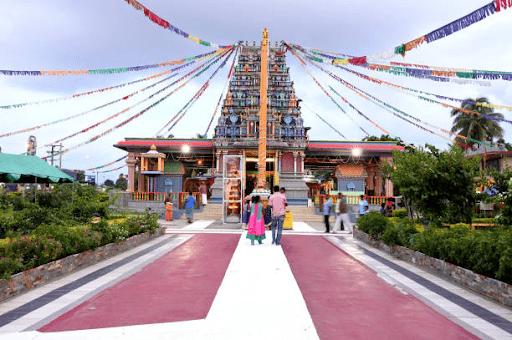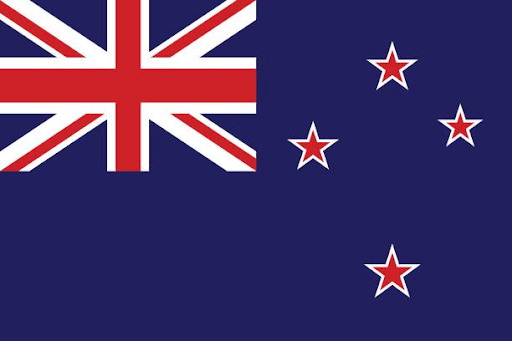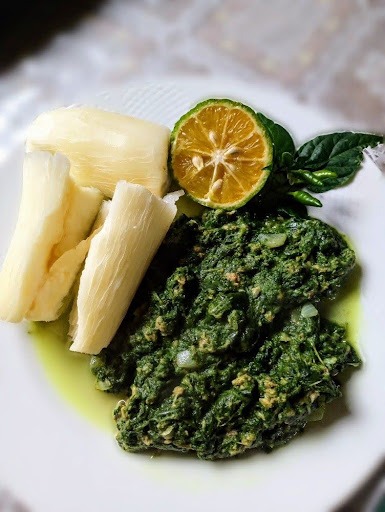Hindu rituals for newborns in Fiji

In Hindu culture, newborns bring joy and happiness to the entire family.
All the family members will get excited, and preparation to welcome the new addition happens on a large scale. There are very elaborate rituals to be performed upon childbirth.
On the day the baby is born, families prepare to take the baby home after discharge. At the entrance of the gate of the home, a small ritual known as nazar utaarna is performed by the babies’ grandmother. The grandmother uses seven stones and moves them seven times from the baby’s head to toes in a clockwise manner, and then throws them in the north, east, south and west directions. This ritual is performed to cast off the evil eye. This tradition varies as Hindus perform it differently in accordance with their beliefs.
The baby is then taken inside, and everyone at home gets the first glance at the new bundle of joy. In Hindu culture, it is also believed that the baby should not go outside of the house until the 6th day.
On the 6th day, Chahti Pooja is held for the baby. On this day, the baby will be given a proper bath and dressed. Subsequently, the baby will be taken outside of the house to seek blessing from Surya (Sun God) by exposing the baby to sunlight. The baby will then be placed in a Soop ( traditional Indian basket woven from bamboo), brought in by the indentured labour). Thereafter, a home tour will be given along with some music so that the baby hears proper noises.
In the evening, the chahti ceremony begins, where both the bride and groom’s close family and friends gather together to observe this tradition. Chahti is a small prayer ritual performed by the baby’s mother. The mother of the newborn lights up a diya (lamp), places a pen and paper near it, puts the baby on her lap, covers the baby’s face with her veil, kneels before the diya and seeks blessing inside the room. This prayer is performed by the baby’s mother and a married fua (aunt – baby’s father’s sister). The sister-in-law will perform the ritual if the aunt is not married. They will then eat a feast together.
Thereafter, the mother brings the baby outside of her room, then the Fua applies kajal (kohl) on the baby’s eyes, palm of the hand and feet and draws eyebrows on the baby. This cultural practice is believed that kajal wards away evil eyes from the baby. The father of the newborn then gives money to his sister in this auspicious ceremony.
Significance of Chahti Pooja
According to Indian folklore, it is believed that performing chahti pooja for the baby on the 6th day is very important as the Vidhaata (Goddess of Destiny) will enter the house at midnight and pen the destiny of the newborn.
Naming the baby
After the chahti pooja, parents prepare to name their child. The proper naming in a Hindu culture is very important as it will outline the child’s identity. Hindus visit a priest to get the child’s Rashi (the sign of the zodiac) by telling the priest date and time when the child was born. According to Hindu astrology, Rashi and Nakshatra influence the baby’s future. Hindus believe that naming their child in accordance with the Rashi will bring good luck and a bright future for their child. The child needs to be named after the 12th day of birth and before his/her first birthday.
Mundan (Tonsure) Ceremony
Another important and mandatory ceremony is the Mundan (Tonsure) ceremony that is performed between four months to three years old. Mundan ceremony simply means removing the baby’s first hair. This symbolises the importance of getting rid of impurities and negativity from one’s past life. Mundan ceremony also signifies the mental and spiritual development in a child. This tradition is performed by the child’s fufa (uncle – child’s father’s sister’s husband). The fufa will shave off the child’s hair, but sometimes people prefer getting a barber to their house to take the child to the salon to get their hair removed.
Newborn babies bring much celebration and joy to the parents and family. The above-mentioned rituals are mandatory in a Hindu culture for Fijians to ensure the safety, health and bright future of the child.












